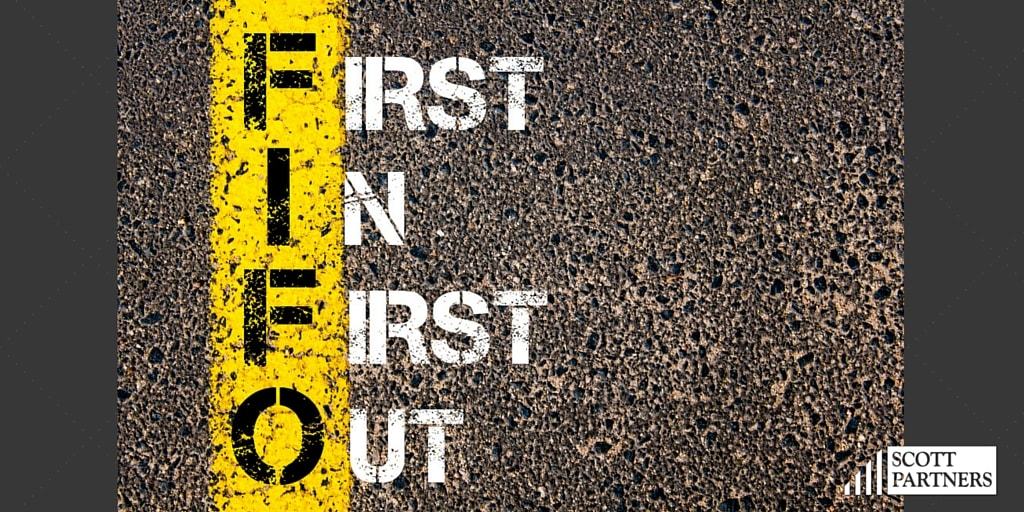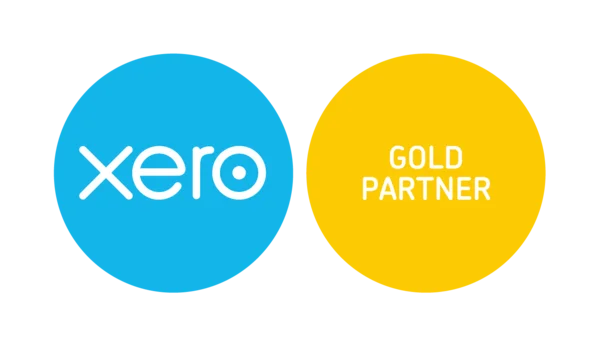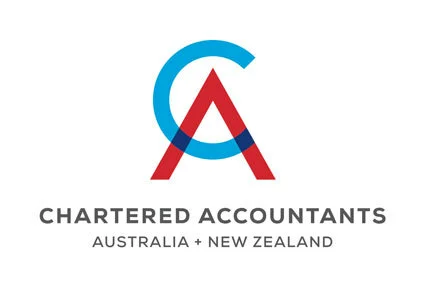Funding Options for SMEs

While it would be wonderful to have a product or service that was profitable from day one and able to pay all of your bills, the reality is that this simply not true for 99% of businesses.
So to bridge the gap between start up and being cash flow positive (after bills and expenses) small and medium sized enterprises must seek sources of funding to keep the lights on, customers happy and staff paid until the business begins to pay for itself.
With that in mind, we’ve put together a brief list of some of your funding options, including some unconventional ones you may not have considered before.
Vendor Financing
Vendor financing was once limited to heavy equipment sales, but now, software and other industries also use the model. Basically, the company that sells you the product or service you need also acts as a lender.
So a computer company that was lending you 15 personal computers for use in your business would also be the lender who would charge you the regular repayment plus interest of 8% on top of those repayments. Many franchisors will also provide vendor financing, for example for gym equipment for 24 hour gyms or coffee machines for start up cafés.
Housing Equity
Most people’s largest asset is their home, and years of regular repayments generate a level of trust and creditworthiness. That’s why large lenders like banks are willing to give loans to those who are happy to put up their homes as collateral in exchange for a loan.
But beware, while no one plans for a business to fail, if your home is being used as security for a loan, the lender will have the right to sell it or refinance it according to the terms of your loan agreement if you can’t make repayments.
Revenue Funding
Revenue funding is an attractive option for any company that is already sending out invoices but is not yet profitable. An investor will provide up-front cash payments in exchange for taking a slice of your revenue over a month, quarter or year.
This is good for many small businesses as it is based on cash coming in the door, rather than debt, and the amount of funding received will simply go up or down in line with revenue.
Borrow from an SMSF
Self managed superannuation funds (SMSFs) in Australia have literally billions of dollars of assets within them, invested mostly in shares, property and cash. However, if you have an SMSF, or know someone who has one, then you may be able to have funds lend to your business from it.
The rules are complex and strict, so it pays to get professional advice before considering this option.







